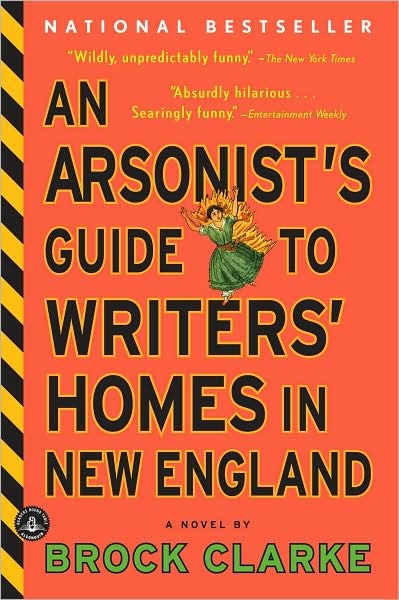 The Grownup (2014) by Gillian Flynn
The Grownup (2014) by Gillian Flynn Very short story (originally written for a story collection) of suspense and twists, which leads you to question everything, and even keeps you guessing as to what genre the book fits into - horror? supernatural? mystery? suspense? All of the above? The ending is slightly unsatisfactory, but I found it more palatable in this short story format -- at least I only committed around an hour to reading it rather than a couple weeks, and the questionable nature of the ending was clearly the whole point of the story. Very clever, with some interesting characters.
 Springtime: A Ghost Story (2014) by Michelle de Kretser
Springtime: A Ghost Story (2014) by Michelle de Kretser Another short, somewhat confusing story. Unlike The Grownup, there was so little character development that even in the hour it took me to read, I still couldn't remember who some people were because they were presented in such a perfunctory and confusing way. Called itself a ghost story but had barely any ghost stuff in it, just a vague unease on the part of the main character that was not in any way translated to the reader. Reaction at the end: "huh?"
Overall, I think these were both interesting stories that made me think, and even though I didn't love either of them, the incredibly short reading time required by both stories I think made them worth it.
Keep reading! Beth

